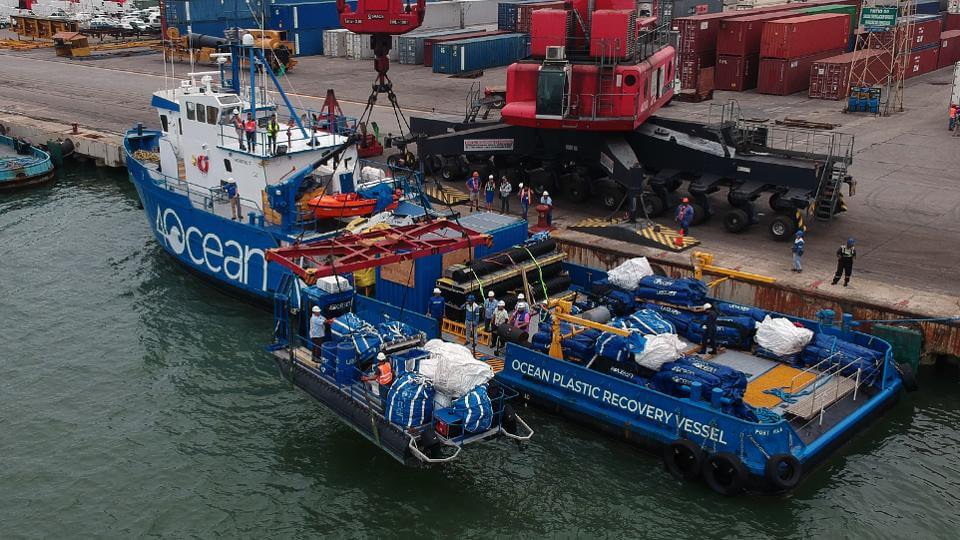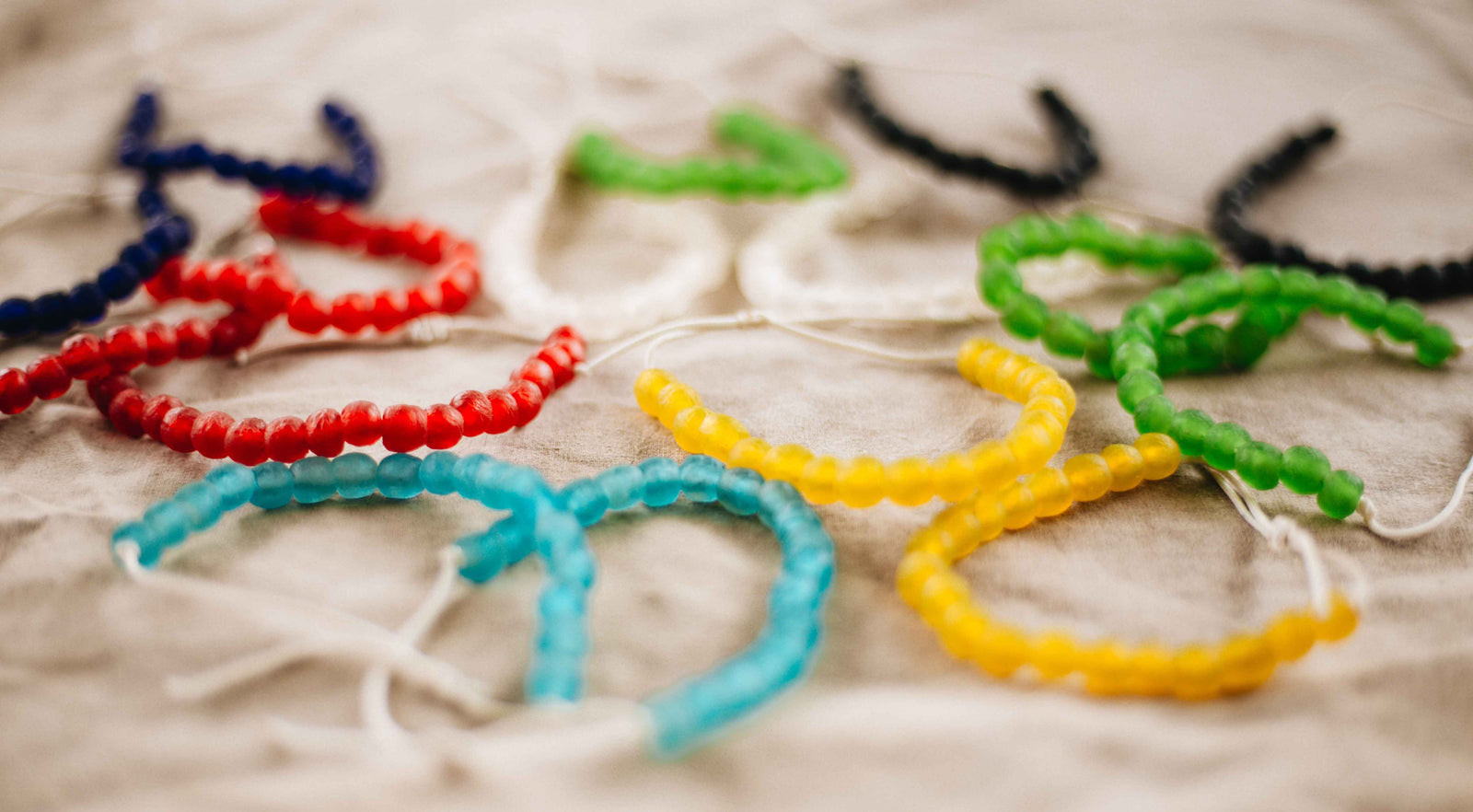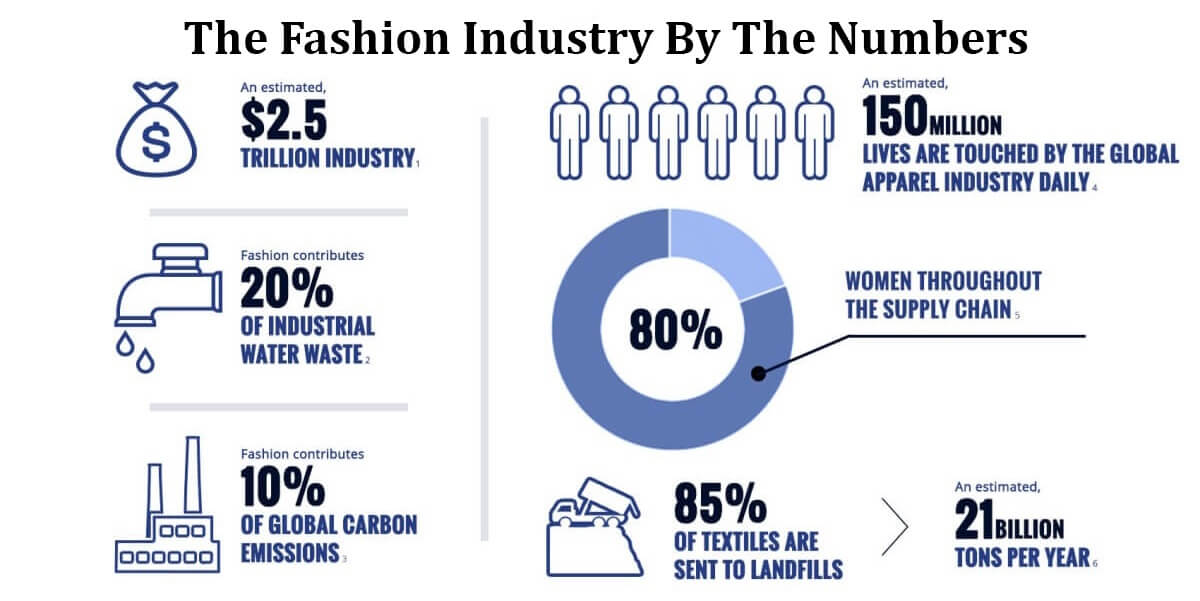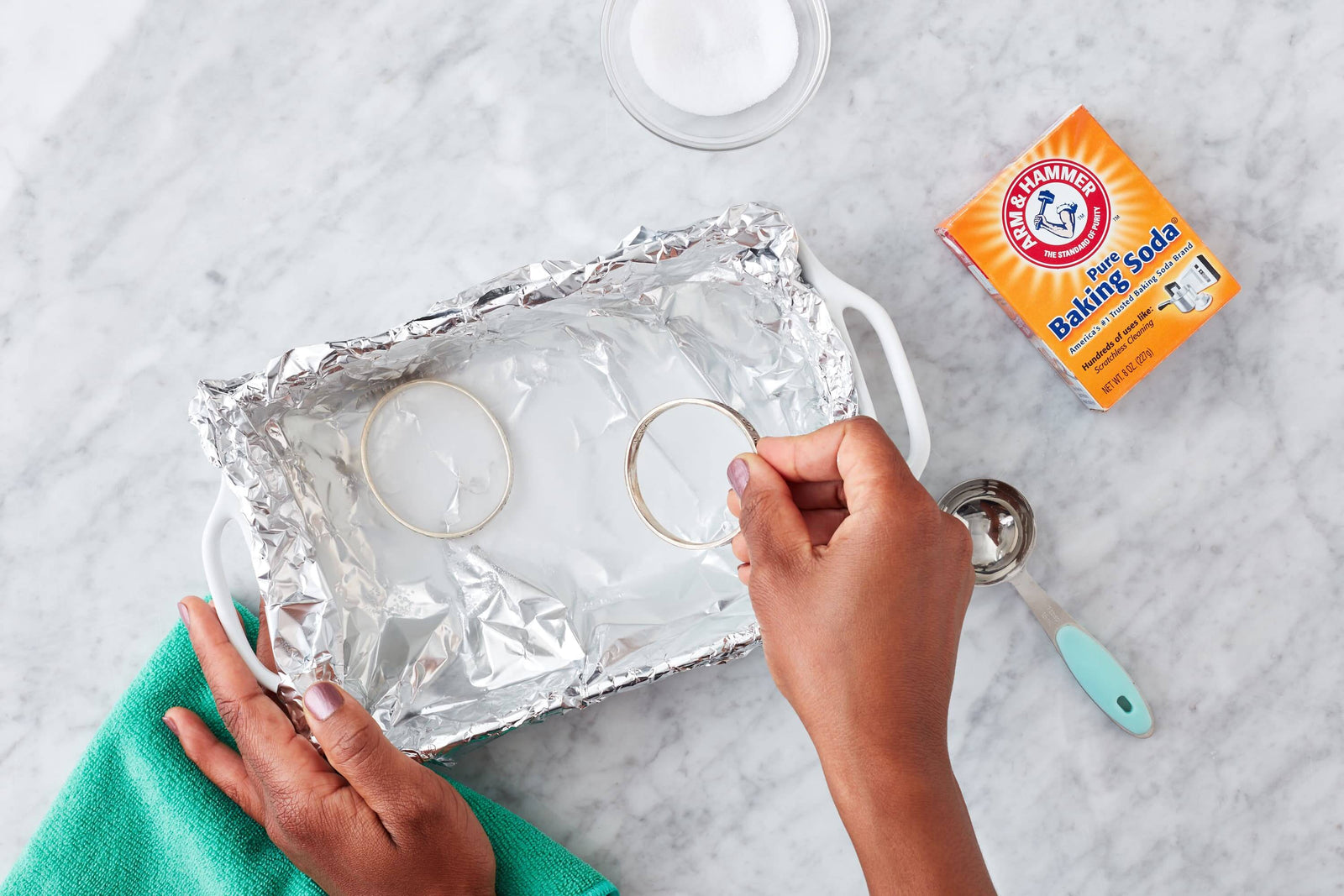Your Cart is Empty
Be the Change You Wish To See In The World!!!
4Ocean Bracelets Have Helped Clean Close to 9 Million Pounds of Trash from the Ocean
Over 8 million tons of plastic gets dumped in the world’s oceans every year. Indonesian waters hold more than 10 percent of that total, so much so that in 2018, Bali declared a “garbage emergency.” At that time, a local cleanup effort failed to curb the coastal garbage problem, even though people hauled off up to 100 tons of waste a day.
Our ever-growing population produces more waste than communities can handle. Tragically, 91% of the world’s plastic waste has not been recycled. In developing countries like Indonesia don’t yet have the infrastructure needed to handle recycling efforts.
That’s why conservation organizations like 4ocean and others are stepping in to clean up, raise money, and spread awareness about the crisis in our oceans. 4Ocean began by selling ocean bracelets made from glass and plastic that has been plucked from the sea as part of global cleanup efforts.
These “save the ocean bracelets” are repurposed junk that becomes a fashionable statement that promotes awareness. Sales also support 4ocean’s cleanup initiative, which has helped clean close to 9 million pounds of trash from the ocean to date.
Let’s learn more about this ingenious organization’s story.
How 4Ocean Began
In 2015, two college buddies and Florida surfers, Andrew Cooper and Alex Schulze, took a trip to Bali, Indonesia, with the intent of catching some waves. Bali, an island in the Indian Ocean, is an ideal spot for seasoned surfers like Cooper and Schulze. Even though they were aware that Indonesia had a garbage problem, they did not expect the beaches to be virtually buried in trash.
While the two were out on the water, they saw Balinese fishermen navigate around floating clumps of floating plastic. Their fishing nets bulged with bottles and other plastic trash. The fishermen tossed all the debris back into the water, saving only the fish.
Cooper and Schulze asked the men why they didn’t bring the junk back to shore for recycling. The answer was simple. They got paid to fill the boat with fish, not trash. The response opened their eyes to the reality of the problem. These fishermen had to make a living, not save the ocean. Their business education kicked in. They began to discuss how one could shift the demand from seafood to recycling plastic.
Cooper and Schulze continued to percolate their idea even after they returned from their trip. Part of the plan was to manufacture and sell a product made from recycled marine junk. They decided that an ocean cleanup bracelet could be designed as a gender-neutral, subtle item that would make a statement along with an impression.
In January 2017, they founded 4Ocean. Soon after, they began cleanup operations in their Boca Raton, Florida headquarters, Indonesia, and Haiti. At each location, crews venture out daily, removing marine waste from the coastline and water.
 Photo by 4Ocean
Photo by 4Ocean
The 4 Ocean Bracelet
Every ocean plastic bracelet sold helps fund the extraction of a pound of trash from the ocean and surrounding coastlines.
The ocean bracelets are hand-made in Bali using recycled materials, some of which are extracted as part of ocean cleanup efforts. The bracelet cord is 100% plastic from recycled plastic bottles. The pretty beads are 100% recycled glass from glass bottles.
For now, only about 5% of the plastic is reclaimed from 4ocean cleanups. Contamination constraints restrict the amount 4Ocean can use, though the company is looking for ways to increase that percentage.
 Photo by 4Ocean
Photo by 4Ocean
A Fashionable Symbol of Commitment
4Ocean designed the bracelet to serve multiple purposes. The bracelet itself is attractive, adjustable, waterproof, and unisex, which means anyone with any style can wear it.
It’s also a marker that identifies the wearer as a member of a global movement to clean up the world’s oceans. It reminds us all that we can curb our use of single-use plastics. It’s also a symbol of commitment toward a clean ocean.
 Photo by 4Ocean
Photo by 4Ocean
What 4Ocean Bracelets Have Funded
Since its inception in 2017, 4Ocean has pulled almost 9 million pounds of trash from the ocean. Cleanup efforts remain in full swing in Florida, Bali, and Haiti. In 2020, 4Ocean is expanding operations to Central America, another area suffering such extreme marine pollution that it's been dubbed the “trash islands.”
An estimated ten million pounds of ocean trash float along the Central American coastline. As is the case in Bali, there is a minimal infrastructure in place to manage recycling efforts. Combine that with the multiple rivers that flow from cities to the sea, and the result is out of control plastic waste.
 Photo by 4Ocean
Photo by 4Ocean
Rio Motagua
Cooper and Schulze have identified Rio Motagua in Guatemala as the prime location for curbing the incredible volume of garbage making its way to the ocean. Here, they can use their innovations in cleanup technology and equipment. More importantly, they can work with the local community to stop plastic pollution in the first place by changing people’s habits.
The goal is to remove over 1 million pounds of waste from Rio Motagua and the Central American Atlantic within the first year. To accomplish this, 4Ocean will employ local workers, and use six of their trash-collecting vessels to remove debris.
They will also employ the 4Ocean Mobile Skimmer, which is an original watercraft of their own design that removes large amounts of debris from high-density areas. Finally, 4Ocean plans to install a boom collection system at the larger river mouths. The purpose there is to reduce the amount of junk that enters the ocean in the first place.
 Photo by 4Ocean
Photo by 4Ocean
Ocean Bracelets for Innovation
When someone buys an Ocean Bracelet, he or she does more than donate to global cleanup operations. The money also goes toward developing new technologies like the 4Ocean Mobile Skimmer. It also funds the development of innovative sustainable products such as shopping bags, apparel, and reusable water bottles.
While each bracelet funds the removal of approximately one pound of junk from the ocean, bracelets alone can’t solve this crisis. 4Ocean is more than a company. It’s representative of a movement that strives to change our lives from wasteful to sustainable. And, we can all play a part.
From 4Ocean to The Ocean Cleanup
4ocean is not the only group working towards saving the world’s oceans by tackling the plastic pollution epidemic. At Bead the Change, we have designed our own Ocean Cleanup Bracelet. Proceeds from the sales go to another noteworthy organization called The Ocean Cleanup.
The Ocean Cleanup is a non-profit organization that, like 4Ocean, invests in advanced technologies to remove plastic waste from the ocean. The Ocean Cleanup teams use the ocean currents to create what’s called a passive drifting system. They have been so successful that they are meeting their goal to clean half the Great Pacific Garbage Patch within five years.
Whether you buy your bracelet from 4 Ocean, Bead the Change, or another organization dedicated to ocean cleanup, you’re helping fund one of the world’s most notable conservation efforts.
Comments will be approved before showing up.
In short, ethical fashion works toward the social good of society. It takes into account the workers who make the clothing industry possible. This includes everyone from the farmers who grow the fabric to the garment workers who stitch the pieces together. These efforts go beyond the surface we see as consumers. Rather, social good is deeper than the public image. A brand must take care to ensure fair wages, maintain fair trade certifications, and provide healthy working conditions. The ethically responsible brand invests in its people as much as it does its product, if not more so.
Now, you never have to tuck your jewelry away because it needs a deep cleaning. You can keep your jewelry sparkling yourself using eco-friendly cleaning agents you probably already have around the house.
Here are a few cleaning options that don’t involve harsh chemicals.



